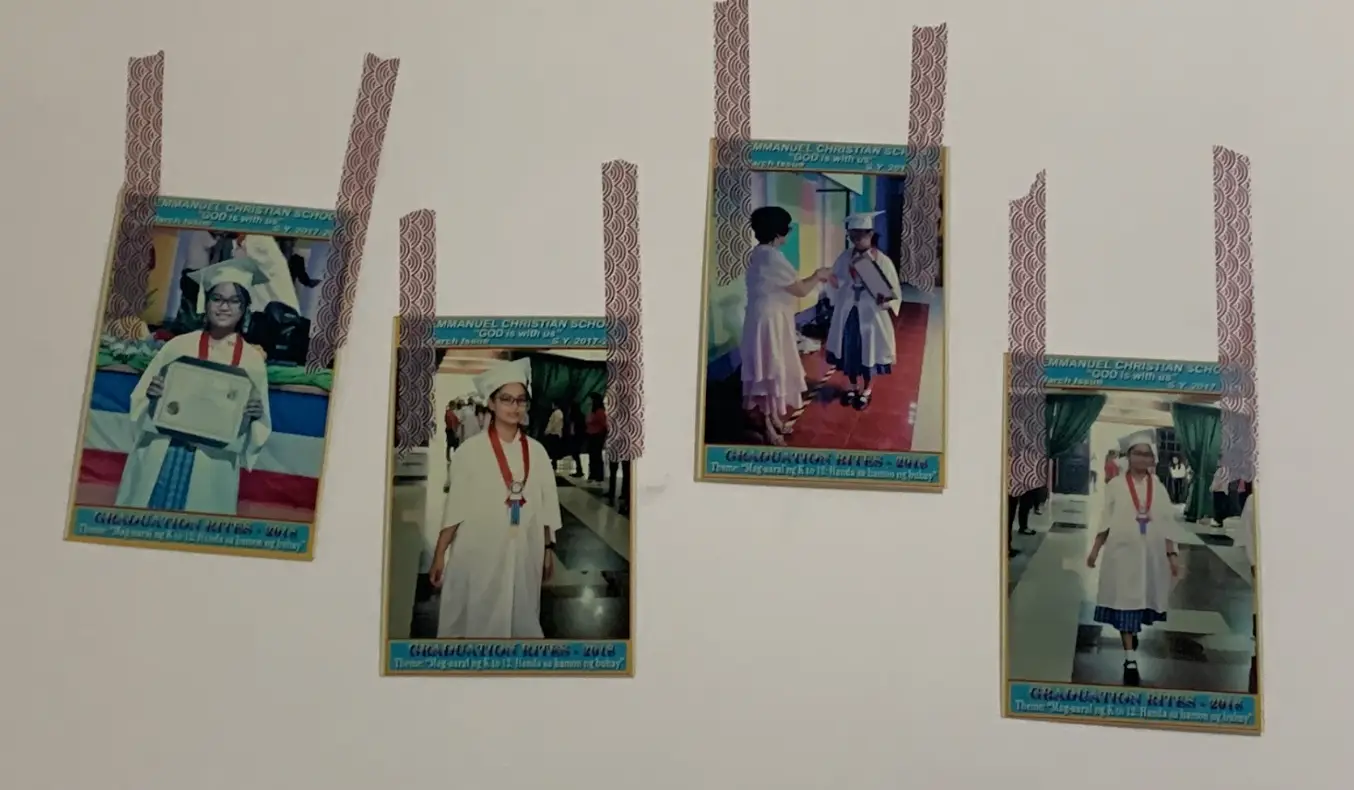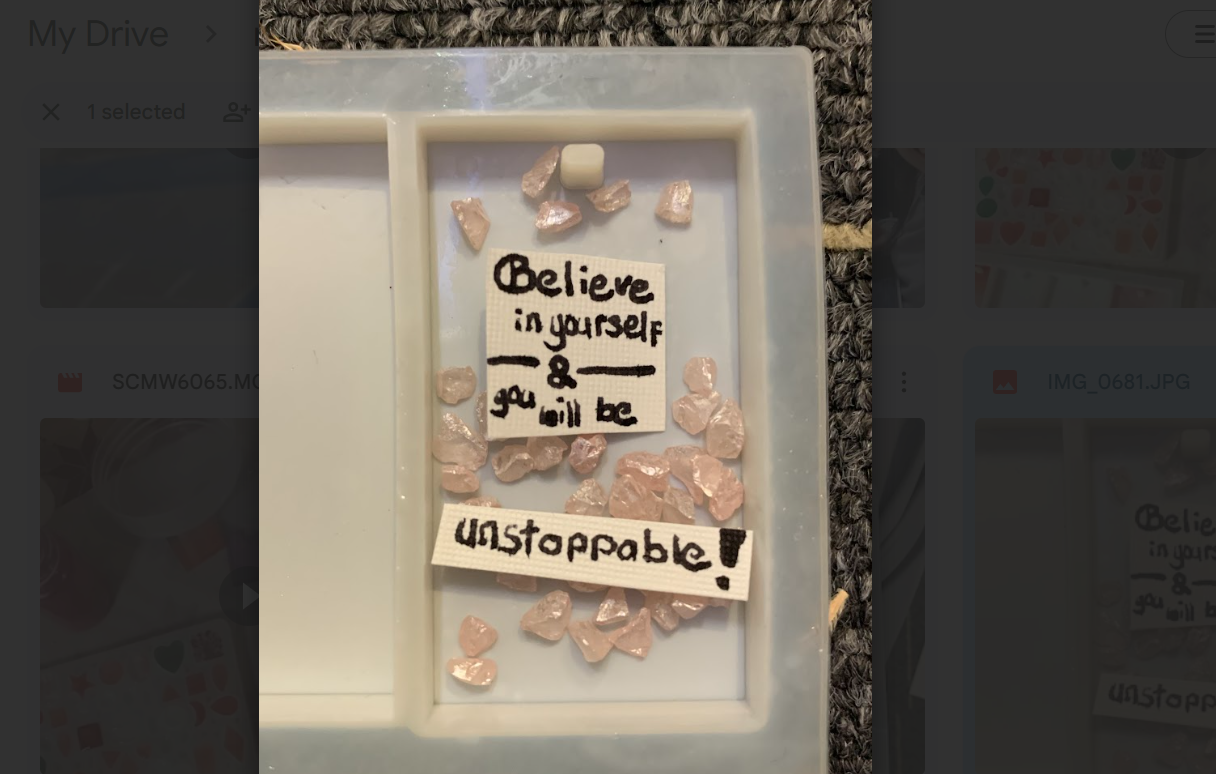Six challenges that any university student can relate to while finishing their Assessment 1 in Specializations in Practice.

Have you ever started something thinking, “This will be fine,” only to realize halfway through you’re in way over your head? That was me—staring at my marketing career research assessment like a detective with too many clues and no storyline.
I thought I’d just find someone to interview, get the data, write the paper, and be done.
What actually happened? I hit walls. Multiple. Self-doubt, confusing results, a messy outline, and what felt like 47 versions of the same question.
And through it all, I realized that figuring out your future—especially in a field as broad and misunderstood as marketing—is not a straight line. It’s trial, error, tears, and eventually, tiny sparks of clarity.

I didn’t know anyone with the job title “Marketing Specialist.” For a long time, I felt frozen at this stage. Everyone I asked either didn’t qualify, had left the industry, or their LinkedIn profile gave me a headache.
The pressure made it worse. I didn’t want to bother people, and I sure didn’t want to look unprepared. But I also didn’t want to settle. That’s when I realized I was overcomplicating it. The people I was looking for? They were probably already near me—I just hadn’t mapped it out.
So I did.
I made a network map (click here) —family, friends, classmates, online communities—and started connecting dots. That’s how I found Ms. Ramos, a Channel Partner Manager in fleet tech, who had overlapping skills in marketing. Not the exact title I was looking for, but the perfect fit once I looked deeper.
Lesson? The “right” person doesn’t always look like the obvious one.

When I started analyzing my interview answers and comparing them with my literature review… nothing matched.
It was like trying to piece together a puzzle from two different boxes.
At first, I panicked. Was I doing this wrong? Did I ask the wrong questions? Should I have chosen someone else?
But then I remembered something: Real life isn’t always aligned with theory. Marketing, like many careers, looks different depending on where you work, who you serve, and what tools you use. And that mismatch? That’s not a flaw—it’s a finding.
The more I studied my data, the more I saw themes emerge: client communication, adaptability, and industry-specific skills. Even though the words were different, the message was there. I just had to look deeper.
Lesson? When things feel unclear, don’t quit. Get curious.

Let’s be real. I overthink. I procrastinate. I edit drafts I never send. I feel guilty for resting, but also unmotivated to move. It’s a mess.
I have this deep desire to do things right, but sometimes that means I don’t do them at all. And during this assessment, I got stuck in that loop.
But slowly, I figured out a few things:
Bullet points are my best friend. (It doesn’t have to be a paragraph yet.)
The first version is allowed to be trash. That’s how I’ll find the gold.
Time-blocking doesn’t work for everything—my brain needs space, not pressure, to go deep.
Just because I’m slow doesn’t mean I’m not capable.
Lesson? Progress > perfection. And rest is part of the process.

Here’s the truth I almost didn’t write: I felt dumb. I felt behind. Like I had no business writing about a marketing career I didn’t fully understand.
Everyone seemed ahead of me—knowing terms I hadn’t heard of, networking like pros, already landing internships. And me? I was Googling “What does a Channel Partner Manager actually do?”
But then I reminded myself: This is why we study. This is why we ask questions. The goal isn’t to already be an expert—it’s to become one.
I used Kidlin’s Law (if you can clearly define the problem, you’ve solved half of it) and the 1-3-1 rule to organize my thoughts. I found peace in problem-solving.
I wrote out the messy bits. I tracked what I didn’t know. I looked for patterns. Slowly, I felt less lost.
The Lesson? Confusion doesn’t mean failure. It means you’re doing meaningful work.

Marketing is everywhere. It’s not just one job title. It’s in every industry, every department, every business.
Your network is bigger than you think. You just need to map it, not memorize it.
Preparation builds confidence. Especially when you’re scared to reach out.
It’s okay to not know yet. This whole project wasn’t about having all the answers—it was about learning how to ask better questions.

When I started, I thought I needed to do this perfectly to prove myself.
But somewhere between the confusion, the drafts, the messy data, and the late nights, I found something better: clarity. Not about what job I want exactly—but about how I want to show up.
I want to do work that grows me. I want to challenge my comfort zone. I want to connect—not just create. And maybe, just maybe, marketing is exactly where I’m meant to be.
If you’re a student like me—stuck between doubt and drive—I just want to say: you’re not alone. This path isn’t easy. But it’s worth walking.
My final word is Keep Going.
NOTE: You’re currently reading a blog from a two-part series. If you want to know what techniques and strategies I used, continue reading this series in the next blog…

My hobby is exploring new hobbies and sharing my experiences in every artistic venture. Studying marketing is a privilege for me, as it allows me to highlight the value of certain works and ideas.
Stay tuned for more exciting stories, luckies <3.
You’re currently reading a two-part reflection series